By Naomi Bolton, Manybooks.net
Michael J. Vaughn is the author of twenty-three novels, including the award-winning The Popcorn Girl and his latest, Climies. He is also a professional painter and drummer, the latter with the San Jose rock band ECRB. Vaughn's novels have won prizes in the San Francisco, New England and Hollywood book festivals. He is a regular competitions judge for Writer's Digest. Vaughn is also a widely published poet and opera critic. He graduated from San Jose State with a journalism degree and a classical voice minor. He was born in Brunswick, Maine, and spent much of his childhood shuttling around the country, courtesy of his father Harold's career as a pilot with the US Navy. As our author of the day, Vaughn tells us all about his latest book, Climies.
Please give us a short introduction to what Climies is about.
A young man, mysteriously deprived of his memory, ventures into the world to discover that the sea levels have risen 500 feet. He finds a small mountain community that has adapted exceedingly well to the situation and settles in as a born leader.
What inspired you to write a Handmaid's Tale meets climate change type of story?
I began writing by placing a character (Russell) in a situation (a garden labyrinth) and literally writing my way out. When he came out to a rooftop beach to discover a town underneath the water, I knew that I was going to write a speculative novel about climate change. It was an excellent way to tap into my subconscious and find out what I really wanted to write about.
Tell us more about Russell Peppers. What makes him tick?
Despite his amnesia, he is a very capable young man. One of the running jokes is how he keeps discovering things that his body knows how to do, like playing a guitar, riding a jetski, and playing basketball (and unintentionally hustling his opponents while he's at it).
What inspired you to set this story in the survivor community of Skyline?
It's based on Skyline Drive, a road that follows the tops of the Santa Cruz Mountains from San Jose to San Francisco. It's an area I know well. It was also morbidly fun placing so much of the Bay Area under water. At one point they're sailing past what looks like a long metal fence, and it's actually the top of the Golden Gate Bridge. Many of the survivors are actually tech workers from Silicon Valley; their ingenuity allows them to create a surprising kind of utopia, and also to cope with the weather, which fluctuates between hard snows and 120-degree days.
Give us three "Good to Know" facts about you.
I am also a professional fine arts painter. I play drums and sing in a classic rock band, ECRB. I worked for thirty years as an arts journalist, and have interviewed celebrities including Ray Bradbury, Molly Ringwald and Barry Manilow.
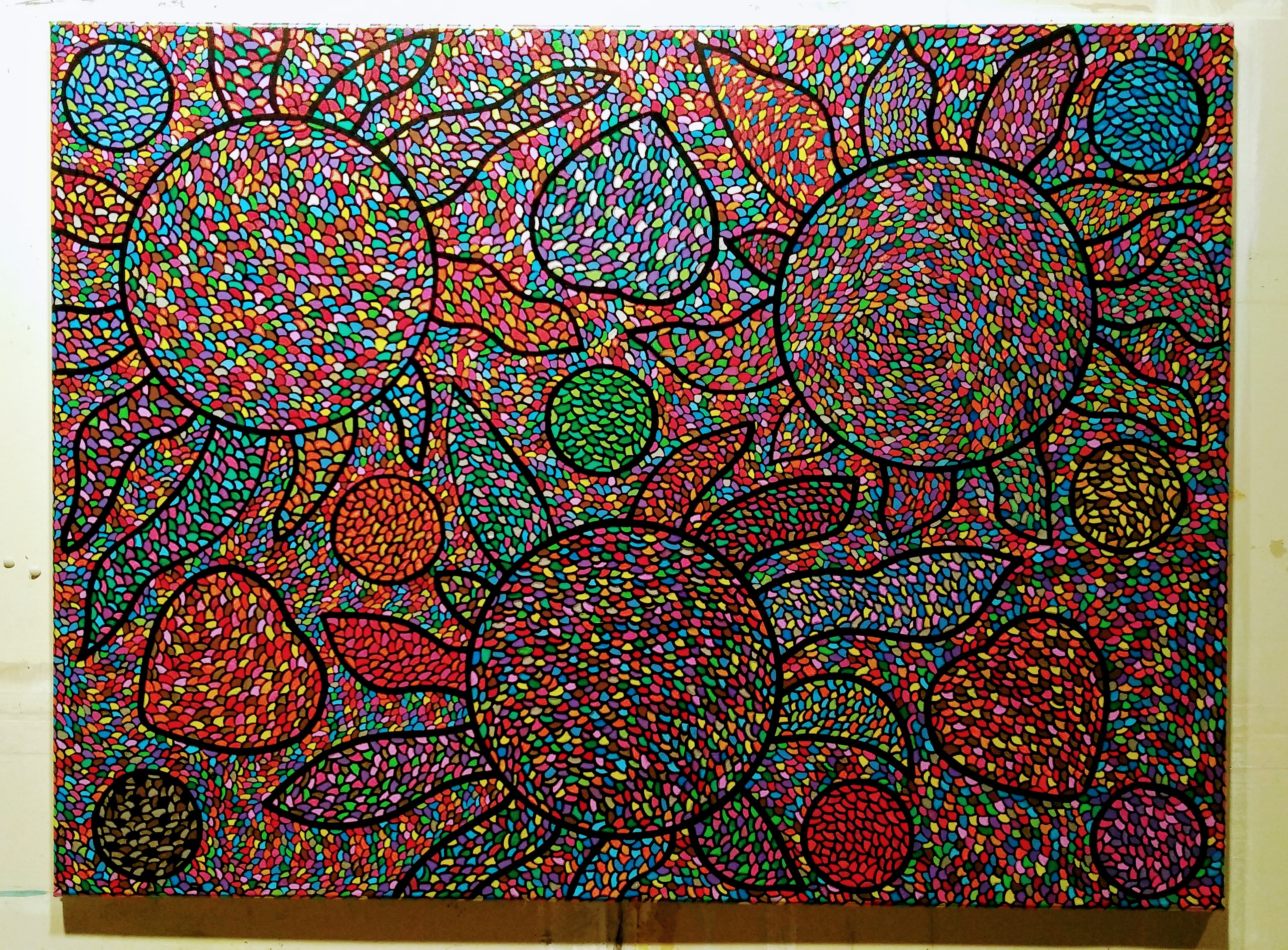
Your novel poses the question "what could happen if we don't pay attention or believe in climate change"? Why did you find this an important topic to explore?
It could be THE topic. I am afraid we're already on the road to some level of sea rise and extreme climates. It was important to me to devise a plausible worst-case scenario, both politically and environmentally. I have always done a lot of reading on the topic, and I have a colleague, Jeff Goodell, who writes amazing books and articles on the subject for Rolling Stone. You have to be careful with issues-oriented novels, however. No one likes to be preached at. You have to stick to the story and be true to the characters. Some of the more surprising characters are Patriots, the extremist climate deniers who call their rivals "climies." A pack of them ride into town, and the results are not always predictable.
Do any of your characters take off on their own tangent and refuse to do what you had planned for them?
Ha! Constantly. Russell's love interest is Shandhra Basu, a beautiful Indian-American (literally the daughter of a rocket scientist) who is always dragging Russell off into one bit of trouble or another. I always say, When you reach a point where you're asking not "What should I have Shandhra do next" but "What would Shandhra do next?" you have created a real live person, right there on the page.
When working on a novel, how do you immerse yourself in the main characters' lives?
I think you have to do it your whole life, really. You have to pursue lots of different experiences so you can apply them to characters later. There is much room, however, for empathy and imagination. This is especially helpful when your timeline is circa 2050!
Additionally, I think it's greatly helpful to read good non-fiction. And also, San Jose is a beautifully diverse place. I am surrounded by so many cultures. The Indian presence here is very strong.
Is there an underlying message you wish to relay about basic human nature in this book?
I think there is a way to be a hard-nosed scientific realist and yet retain some optimism for humanity. Perhaps the key is humor. This book sounds dystopian, but there are many funny scenes and situations.
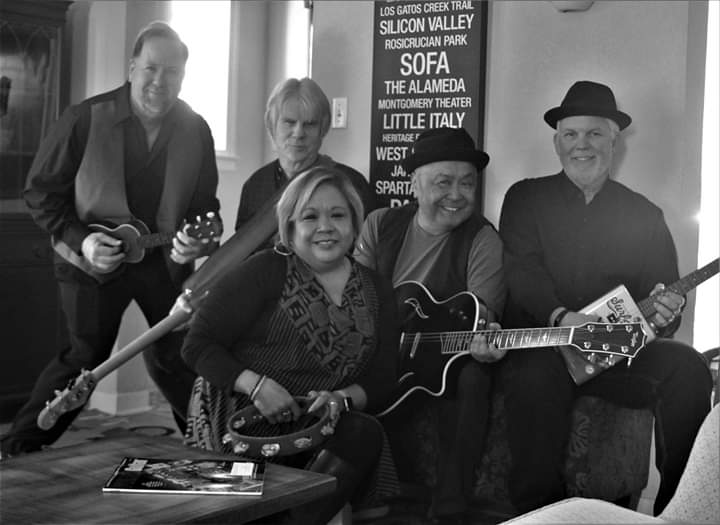
In this book you’re dealing with so many difficult themes – as a writer, do you feel a sense of responsibility? If so, how do you deal with this?
Venturing into my first speculative book, I did feel a lot of responsibility. And I did back up the searise with a plausible worst-case scenario. But obviously this is only one vision of what could happen. I actually believe we will find our way out of this. But as The Handmaid's Tale served as a warning against theocracy, perhaps a good climate nightmare will provide us with some extra incentive.
When working on a new book, what is the first thing you do?
I have a "brewing period" where I let various ideas drift in. My current book had to wait a little longer as we sat through the early stages of the pandemic.
Do you have any interesting writing habits? What is an average writing day like for you?
I write three drafts, in this thing called a spiral notebook, before it goes into a computer. I write completely at coffeehouses.
What are you working on right now?
In 2018, I served as the officiant at two weddings. It was such a remarkable experience that I'm using the settings as the background for the novel. One of them took place in Malibu, in John Larroquette's old house.
Where can our readers discover more of your work or interact with you?
I post many peripheral works at blogspot.writerville.com. I have a good author page at amazon.com (Michael J. Vaughn). And they can check in at my Facebook page, which is also under Michael J. Vaughn.
A final note: an underlying message to Climies is that scientific issues should never be politicized. I never could have dreamed how powerfully that point would be made by our viral situation.
BOOKS ADDED THIS WEEK
(view all)
FEATURED AUTHOR - Michael J. Vaughn is the author of twenty-three novels, including the award-winning The Popcorn Girl and his latest, Climies. He is also a professional painter and drummer, the latter with the San Jose rock band ECRB. Vaughn's novels have won prizes in the San Francisco, New England and Hollywood book festivals. He is a regular competitions judge for Writer's Digest. Vaughn is also a widely published poet and opera critic. He graduated from San Jose State with a journalism degree and a… Read more



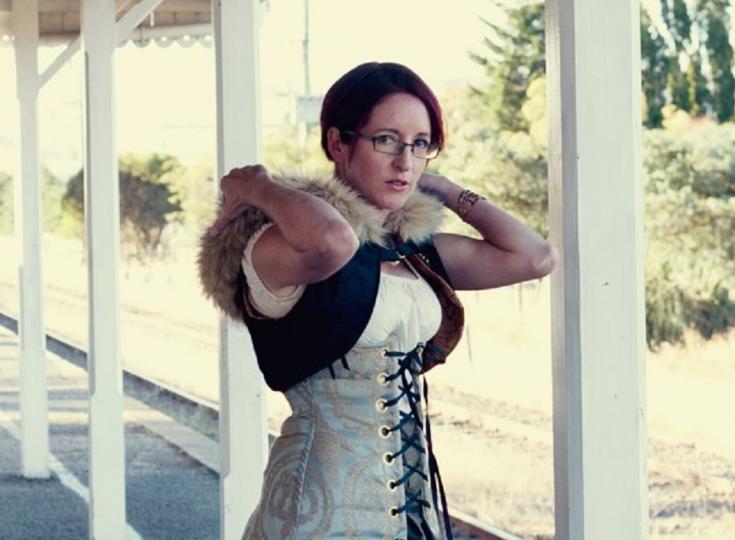
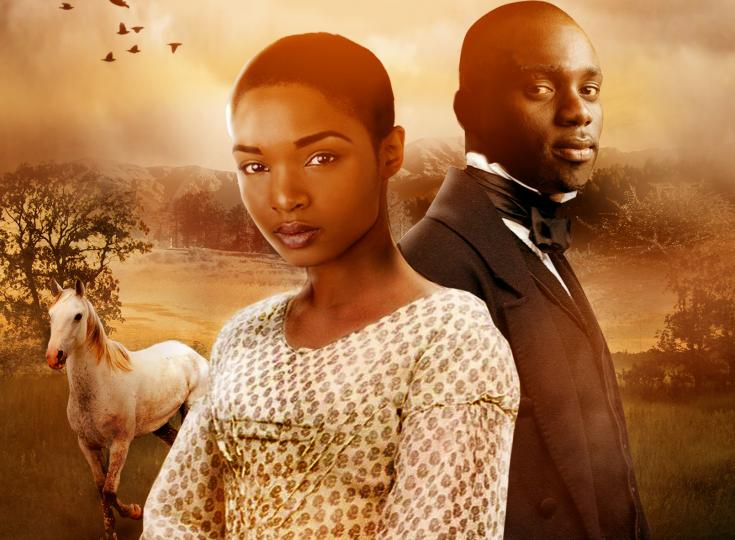
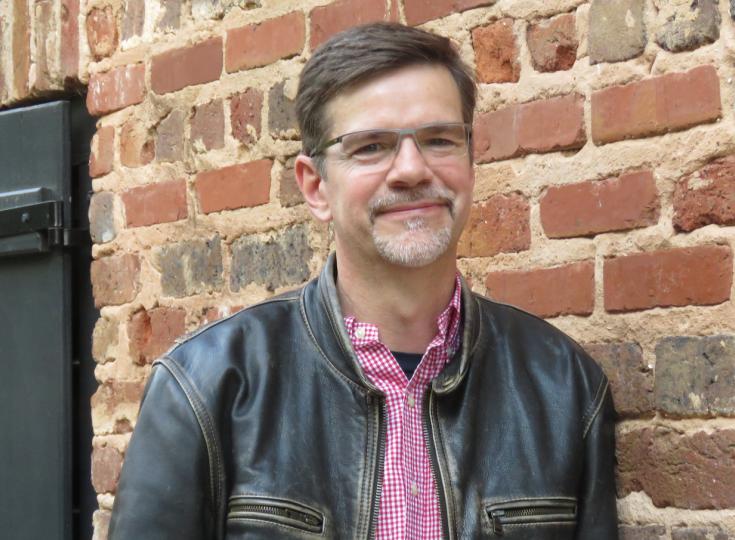
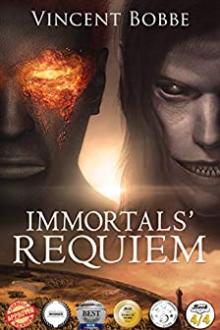
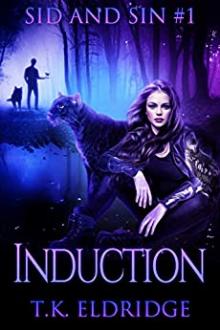
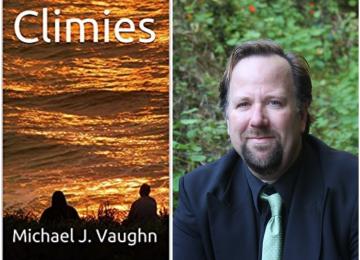

No comments:
Post a Comment